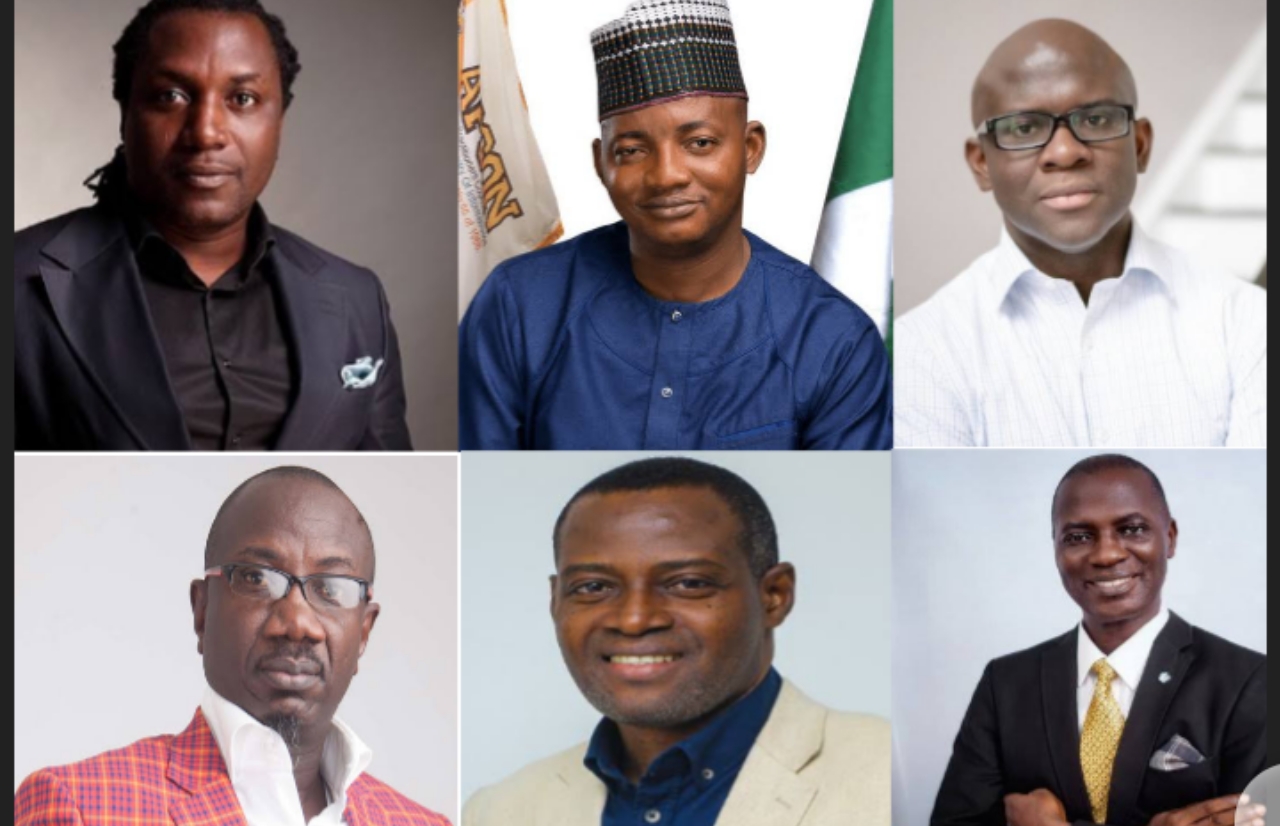By Felicia Nwosu
To develop and strengthen the skills, abilities and resources that the industry requires to survive, adapt, and thrive in a fast-changing world, experts in the integrated Marketing Industry have emphasized the urgent need for its professionals to engage in capacity building. This, they noted, remains a well-accepted tenet in an evolving industry to enable them be at par with best global practice.
Dr. Lekan Fadolapo, Registrar, Advertising Practitioners Council of Nigeria (APCON), while lending his voice, stated that updating and up-skilling of the practitioners is imperative, especially among regulatory bodies in the industry.
“As regulators in the advertising industry, we are expected to be one step ahead of the people we are regulating, in terms of knowledge, infrastructure, innovation and technology. We are hampered with funds, and even far behind the people whom we are regulating. So, with our own little resources, we want to see what we can do.
“We must be ahead of those operators in terms of knowledge, skills, current technology as well as the market. We don’t want to just sit down, and just say we are regulators. When they are talking intellectually, we should also be part of that conversation. We should build capacity so that, we can be stronger when it comes to regulatory framework,” he said.
Commenting, Dr. Tayo Oyedeji, Chief Executive Officer of Publicis Groupe/ Redefini Nigeria, also noted that the industry has witnessed some level of growth, but stressed the need for its practitioners to embrace capacity building to commensurate with the growth.
“The industry has grown, but the key thing is we need to focus on building capacity, and helping our people to be better at things we do. I used to be the CEO of Starcoms in South Africa, and one key thing that is different between Nigeria and South Africa is that a lot of the professionals in South Africa actually went to school to study different aspects of advertising while in this part of the world, a lot of people are self-taught and that is not bad in itself. But I think we have to layer some specialised formal knowledge on the self-taught aspects of the things we do,” he said.
In a similar vein, media expert, Femi Adelusi, Founder/ Group CEO, BrandEye/Mediaplus, and President of Media Independent Practitioners Association of Nigeria (MIPAN), also reaffirmed the need to invest in training and development of practitioners, especially for the value they bring to the business to enable them retain their good hands in the industry.
“When you get partners that are strong and business partners that are doing well, then the quality of the people that come to work on the clients business, their knowledge and skill are better because agencies are healthier and able to send their staff for training, capacity building and can invest in tools and technology that help their practice to improve,” he said.
Israel Opayemi, Managing Director/ Chief Strategist of Chain Reactions Nigeria, on his own part, pointed out the industry has evolved, adding that those who man its tools must evolve along with it.
“One of the major challenge’s we are still having today in the industry is that of talents. Public relations itself, has evolved significantlyo the talents that you need today, are not the same talents that our forebears needed ten twenty years ago. Public relations has grown far bigger than that, so the question is: who are we still employing? Those are some of the things that I have been having strong conversation with some of our colleagues in the industry. For us to be respected, and for us to make money, we can’t be employing the same type of talents. There is need for capacity building,” he said.
Also commenting, Lekan Otufodunrin, MD Media Career Development Network (MCDN), noted that there are people who didn’t study journalism, but who have the resources, ideas, and information to share, suggesting that such individuals should be accommodated. He, however, said that in accommodating them, requisite knowledge to operate in that sphere should be imparted.
“Some of the trainings that we got are no longer suitable for this particular generation. The people who are providing training need to be trained themselves, and they need to teach people with digital understanding. One of the challenges that we have is that we have so many people who are analogue, who have the standard media experience, but who are not digital and we have so many people who are digital but don’t understand journalism. In professional journalism practice, there are rules, laws and ethics that need to be followed,” he said.
On his part, Steve Babaeko, President of the Association of Advertising Agencies of Nigeria (AAAN), Steve Babaeko, encouraged members of the sectoral group to enroll in the Academy Master Class of AAAN to acquaint, train and empower themselves with requisite knowledge for a successful career in the industry.
“We started it, and as a matter of fact, our collaboration with Helen Business School is yielding very positive results. Recently, the school actually gave out scholarship to some of our members that attended courses to be able to do some kind of postgraduate diploma courses in business management. The scholarship is actually a good opportunity for our people to increase capacity,” he said.







Comment
No comments found.